“The power to tax is the power to destroy,” said Founding Father and Fourth Supreme Court Chief Justice John Marshall. His comment was made in the context of a specific case (McCulloch v. Maryland), but it holds axiomatic value. We see it in government policy all around us.
Taxation is used as a lever to engineer social behaviors. Whatever the government wants less of, it taxes heavily to make it costly to indulge in. Examples include various “sin” taxes such as those imposed on alcohol or tobacco or soda. Even Carbon taxes can be thought of as a sin tax, punishing behaviors that ostensibly cause planetary harm.
Whatever the government wants more of, it subsidizes heavily or makes it tax-free. Solar panels are a good example of heavy subsidization. We also see the use of taxation to engineer specific outcomes or behaviors in sales tax “holidays”.
Taxes are an open cost imposed by the government, but there are other insidious costs that aren’t as direct and open. These include fees and regulatory burdens. There are numerous examples of those in the exercise of our right to keep and bear arms: unconstitutional fees for concealed carry permits, targeted taxes on guns and ammunition, the use of weaponized zoning to stop gun stores and ranges are obvious ones.
Notwithstanding their “no one wants to take your guns” lies, gun controllers admit in unguarded moments about why they want to impose these fees and regulatory burdens, whether it’s Gabby Giffords saying, “No more guns. Gone,” or Beto O’Rourke saying, “Hell yes, we’re coming for your AR-15,” while gaslighting us at other times saying, “I’m not interested in taking anything from anyone.” Chris Rock’s famous skit about bullet control has been attempted in various states and locales around the country.
That brings us to the Aloha State. The Hawaii Firearms Coalition issued a statement last week about what’s coming there:
Owning a firearm in Hawaii is about to get more expensive, raising concerns for financially insecure individuals.
May 27, 2023
Recently, state legislators proposed a bill that, if passed, would increase the costs associated with obtaining and carrying a firearm for self-defense. The bill introduces several provisions that significantly impact the financial costs of owning and carrying firearms in Hawaii. One such provision is the implementation of fees for each permit application, which currently stands at $47.50. Additionally, the bill calls for repetitive training and increased fees for applications related to carrying concealed weapons (CCW).
For individuals seeking to acquire and carry firearms for the first time, the financial burden is substantial, with the estimated total cost exceeding $1000, encompassing various mandatory requirements. […]
Importantly, these expenses are not one-time payments. Individuals who wish to purchase additional firearms are required to repeat the handgun training every four years. Similarly, the concealed carry class and license fee must be paid on the same four-year cycle.
Hawaii is trying to impose new costs and burdens that didn’t exist before. And they are planning to jack up the existing permit application fee of $47.50 to a yet unknown amount. Not included in the direct monetary cost is the time commitment involved. Each hour taken away from work to run through Hawaii’s gauntlet is lost income.
The high costs included in the bill will disproportionately affect Hawaii’s working class, who are already struggling to make ends meet.
[…] approximately 17.6% of households in Hawaii fall below the federal poverty line, significantly higher than the national average.
Hawaii consistently ranks among the most expensive places to reside in the United States. […]
Often, financially vulnerable individuals in Hawaii reside in neighborhoods with higher crime rates or security challenges. However, the increased financial barriers created by gun control measures restrict their ability to acquire firearms legally, potentially leaving them more vulnerable to criminals who obtain firearms through illegal means.
What the State of Hawaii is doing here is clear: they’re trying to knock out gun ownership among at least 17.6% of households in one fell swoop. That’s more than 1 out of 6 households.
Moreover, the criminalization of non-compliance with gun control laws poses additional challenges for lower-income individuals in Hawaii. Navigating complex legal processes and covering the associated costs can be daunting for those already facing financial constraints. Inadvertently failing to comply with these regulations may lead to legal penalties or charges, exacerbating the burdens faced by marginalized communities.
Hawaii is creating a legal minefield to stop poor people from owning guns.
Balancing public safety with the rights of individuals, particularly those in vulnerable circumstances, remains a complex challenge. However, using high costs to price out the most vulnerable is not a path the state should pursue.
Many of these points were raised to legislators during the bill’s passage but fell on deaf ears, as legislators were solely focused on pushing for the most burdensome bill they believed they could pass.
This is their goal and I hope the federal judiciary treats it with contempt. You can read the whole bill here: SB1230.
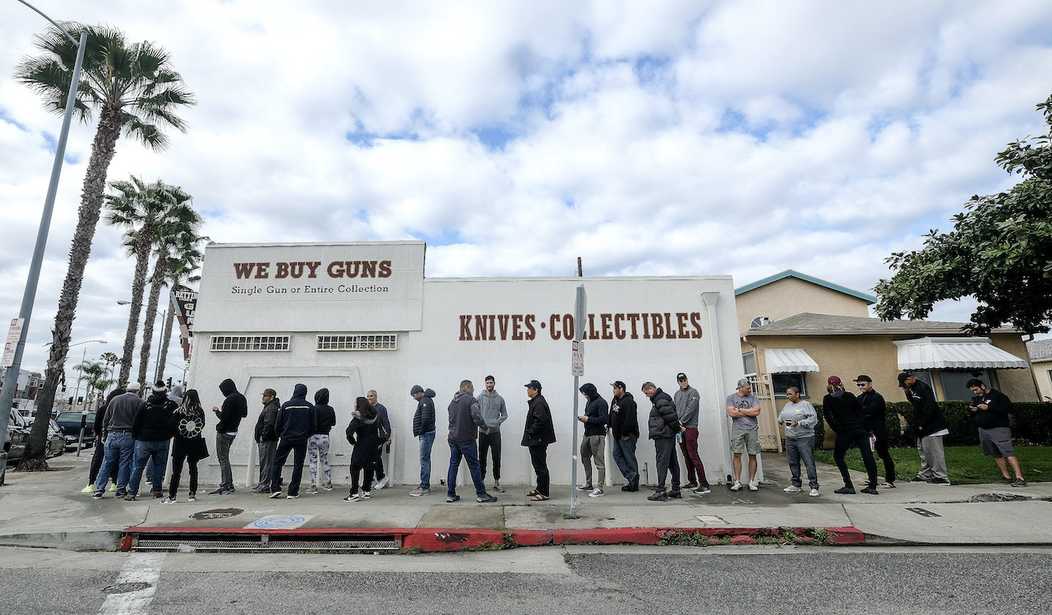

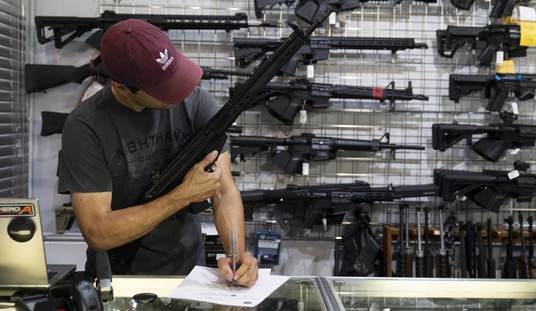
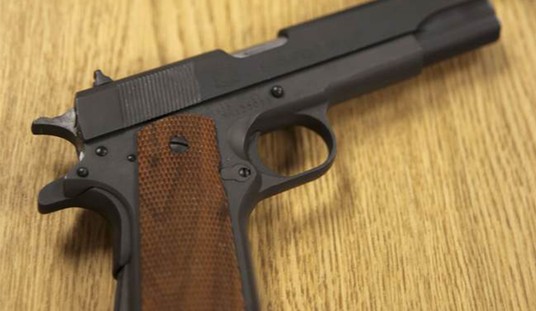
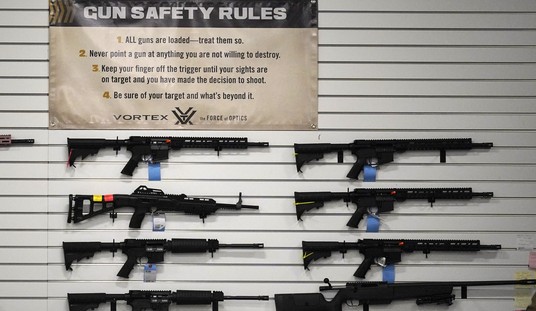



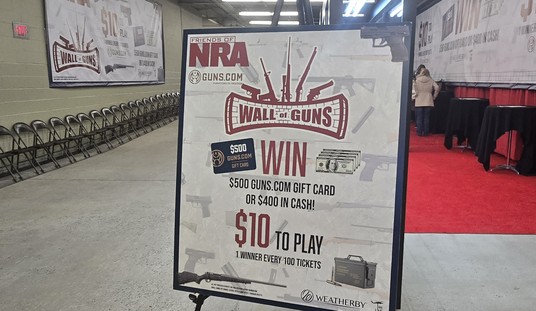
Join the conversation as a VIP Member